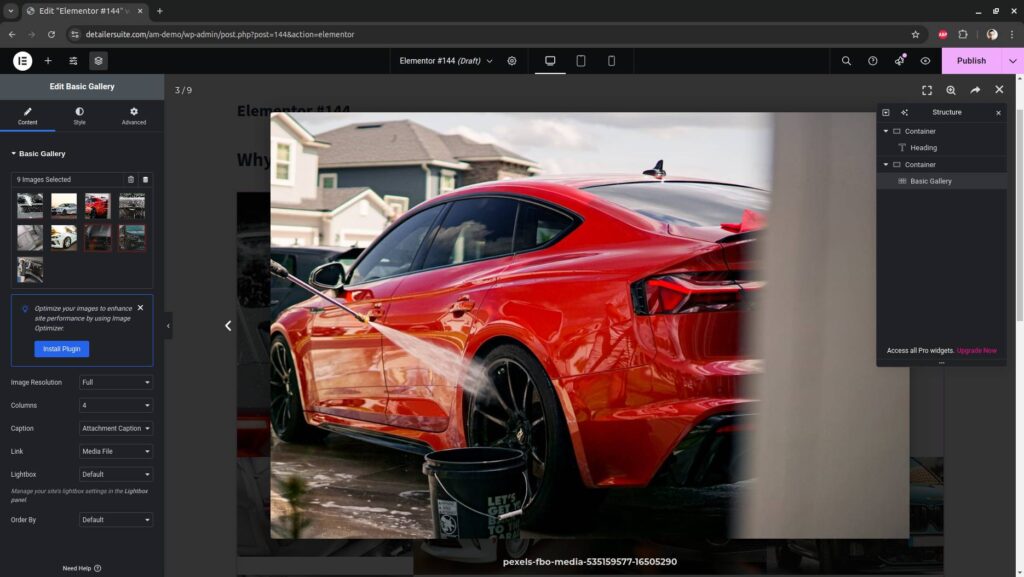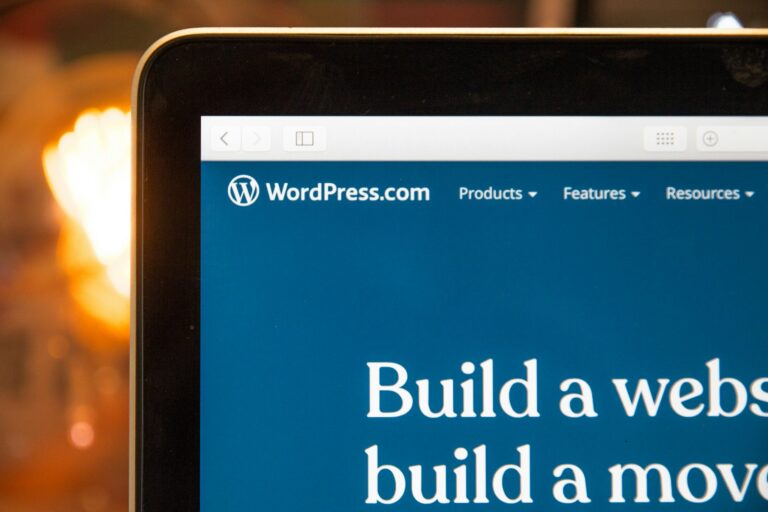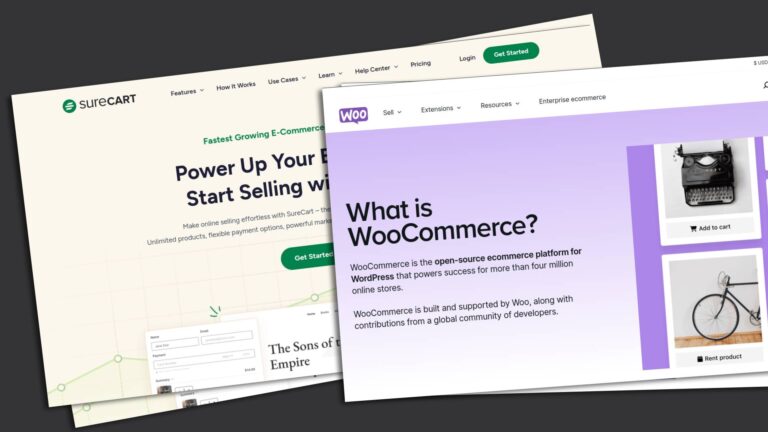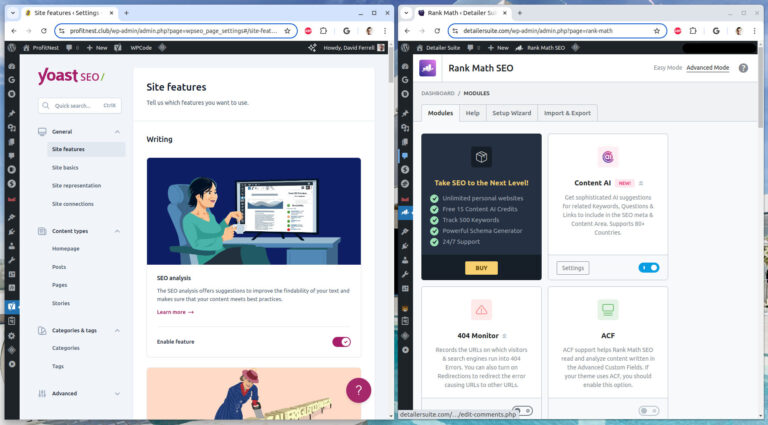Let’s be honest.
Elementor can be a game-changer for building websites…
But when it comes to performance?
It’s a different story.
It’s a common complaint, “Elementor is super slow…”

At ProfitNest, we prefer to use the WordPress Block Builder (Gutenberg) – but hey, if you want to use Elementor, go ahead. We’re not stoppin’ you. We’ll still help you get optimal results and performance!
A slow site kills your traffic.
Your conversions tank.
Your bounce rates skyrocket.
So what’s the deal with Elementor?
Why does it drag your site down—and more importantly, how do you fix it?
Let’s break it down.
Why Elementor is Slow 🐢
First off, it’s not just Elementor.
Any page builder can slow down your site if things aren’t set up properly.
But Elementor has a few specific issues that tend to cause lag.
Here’s why:

1. Hosting Issues 💻🌐
If your hosting is trash, nothing will save you.
Cheap hosting with inadequate server resources?
Good luck.
Elementor needs bandwidth, memory, and server power.
If your hosting provider skimps on any of these, your site’s going to crawl.
2. Too Many Plugins 🧩
You’re running 20 plugins on your site?
That’s a recipe for disaster.
Every plugin is another piece of code that has to load when someone visits your site.
And if they’re poorly optimized or unnecessary?
It’s like trying to drive with the parking brake on.
3. Unoptimized Media 📸🎥
Here’s the truth:
If your images and videos are huge, your load times will be too.
Big media files mean your site has to work overtime to load.
4. External Scripts 📍
Google Maps, social media embeds, third-party tools…
All cool stuff—but they come at a cost.
Every external script is another hit to your site’s loading speed.
The more you add, the slower it gets.
5. Theme Conflicts 🎨⚡
Some WordPress themes play well with Elementor.
Some… don’t.
If your theme isn’t optimized for Elementor, you’re going to see major slowdowns.
Plain and simple.
So, What Can You Do About It? 🔧🚀
Now that we know what’s causing Elementor to drag, here’s how you can fix it.
Let’s speed things up.
1. Optimize Your Hosting ⚡🌍
Step one:
Stop using cheap hosting.
Elementor needs solid hosting to run smoothly.
Here’s what you should look for:
✅ Increase your memory limit. You need at least 256 MB for Elementor.
✅ Use a host with global servers. Faster load times for everyone.
✅ Consider a CDN (Content Delivery Network). This spreads out your site’s data across global servers for faster access.
2. Manage Your Plugins 🧩🗑️
Plugins are great…
But too many can slow you down.
Here’s the fix:
✅ Deactivate and delete unused plugins. Seriously, clean house.
✅ Only use necessary, well-coded plugins. Quality > Quantity.
If a plugin doesn’t serve a critical function, get rid of it.
3. Optimize Your Media 🎥🖼️
Big images and videos?
Not on my watch.
✅ Keep images under 1MB. Anything bigger, and it’s a problem.
✅ Use WebP format. Smaller files, same quality.
✅ Implement lazy loading. Only load images when they need to be seen. Saves time, saves bandwidth.
4. Minimize External Scripts 📉
Those fancy embeds?
They’re cool… until they slow down your entire site.
✅ Load videos from YouTube instead of hosting them in WordPress.
✅ Be selective with third-party integrations. Only keep what’s necessary.
The fewer external scripts, the faster your site will run.
5. Use Caching 🗂️
Caching is your best friend when it comes to speed.
It stores your site’s data, so it doesn’t have to reload everything from scratch every time.
✅ Install a caching plugin like WP Rocket or Autoptimize.
This will give your site a massive speed boost.
6. Update Elementor 🔄
You’d be surprised how many people complain about performance…
While using outdated software.
✅ Always update to the latest version of Elementor and Elementor Pro.
New versions fix bugs and improve speed.
7. Enable Switch Editor Loader 🚪
There’s a little-known feature in Elementor that can help fix performance issues.
✅ Go to Elementor → Settings → Advanced
✅ Enable “Switch Editor Loader Method”
This can prevent certain loading problems that slow down your site.
8. Use Elementor’s Performance Features 🛠️
Elementor has tools built right in to help improve performance.
You just need to use them.
✅ Utilize Elementor Containers for more efficient layouts.
✅ Be mindful of widget usage. Don’t overload your pages with heavy widgets.
✅ Choose lightweight options whenever possible.
Final Thoughts: Speed Up Your Site 🏎️💨
Elementor can be slow—but it doesn’t have to be.
The real issue is not knowing how to optimize your site.
But now you do.
Fix your hosting.
Manage your plugins.
Optimize your media.
Minimize external scripts.
Use caching.
Update everything.
Your site can go from slow and frustrating…
To fast and optimized.
It’s all about knowing where the problem lies—and solving it.
Ready to speed up your site? Let’s make Elementor work for you, not against you. 🚀





